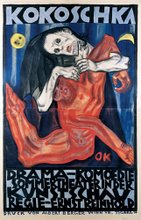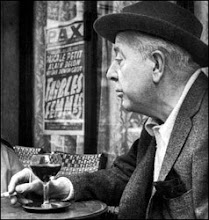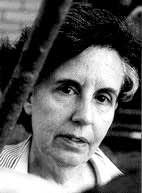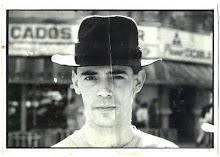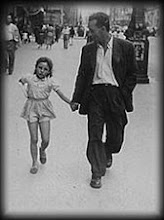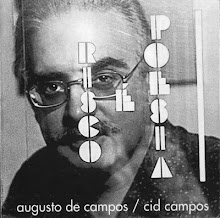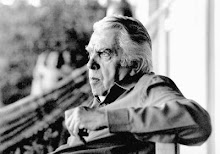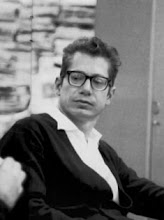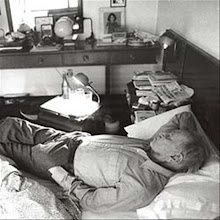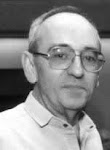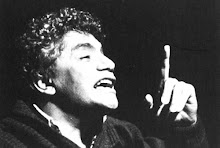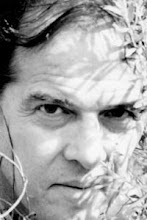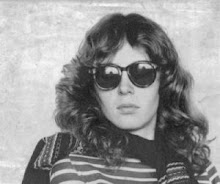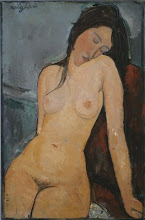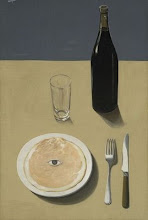A celebration of Isaac Asimov: a man for the universe
Isaac Asimov was one of the great explainers of the age. Like T. H. Huxley, he was motivated by profoundly democratic impulses to communicate science to the public. "Science is too important," he said, paraphrasing Clemenceau, "to be left to the scientists." It will never be known how many practicing scientists today, in how many countries, owe their initial inspiration to a book, article, or short story by Isaac Asimov — nor how many ordinary citizens are sympathetic to the scientific enterprise from the same cause. For example, Marvin Minsky of MIT, one of the pioneers of artificial intelligence, was brought to his subject by Asimov's robot stories (initially conceived to illustrate human/robot partnerships and to counter the prevailing notion, going back to Frankenstein, of robots as necessarily malign). At a time when science fiction was mainly devoted to action and adventure, Asimov introduced puzzlesolving schemes that taught science and thinking along the way.
A number of his phrases and ideas have insinuated themselves into the culture of science — for example, his spare description of the solar system as "four planets plus debris" and his notion of one day carrying icebergs from the rings of Saturn to the arid wastelands of Mars. He wrote many science books for young people, and as editor of his own science-fiction magazine he made efforts to encourage young writers.
His output was prodigious, approaching 500 volumes, always in his characteristic straightforward, plainspeaking syntax. Part of the reason his Foundation series on the decline of a galactic empire worked so well is that it was based on a close reading of Gibbon's Decline and Fall of the Roman Empire: A principal theme was the effort to keep science alive as the Dark Ages rolled in.
Asimov spoke out in favor of science and reason and against pseudoscience and superstition. He was not afraid to criticize the U.S. government and was deeply committed to stabilizing world population growth.
The microscopic probe he described in his novel Fantastic Voyage — which could enter the human bloodstream and repair tissue damage — was, sadly, not yet available at the time of his death. As someone born in grinding poverty, and with a lifelong passion to write and explain, Asimov by his own standards led a successful and happy life. In one of his last books he wrote: "My life has just about run its course and I don't really expect to live much longer." However, he went on, his love for his wife, the psychiatrist Janet Jeppson, and hers for him, sustained him. "It's been a good life, and I am satisfied with it. So please don't worry about me."
I don't. Instead, I worry about the rest of us, with no Isaac Asimov around to inspire the young to learning and to science.
Carl Sagan
1934 - 1996


![[...]](https://blogger.googleusercontent.com/img/b/R29vZ2xl/AVvXsEjeNC2Kyxd34r2LuofHe9-vdXHeHwG3_2NhVmIOTlK2moU0Q4R7taMlS8iMmQgEl1-NdaRsPrLdREzfQZYKfUgjslwLZUZe67dAfFBREu-YRx6WGX-vAUt5eJT4_-lFwT4dGzGCQQ/s220/11798115_858304687558226_1857652538_n.jpg)
